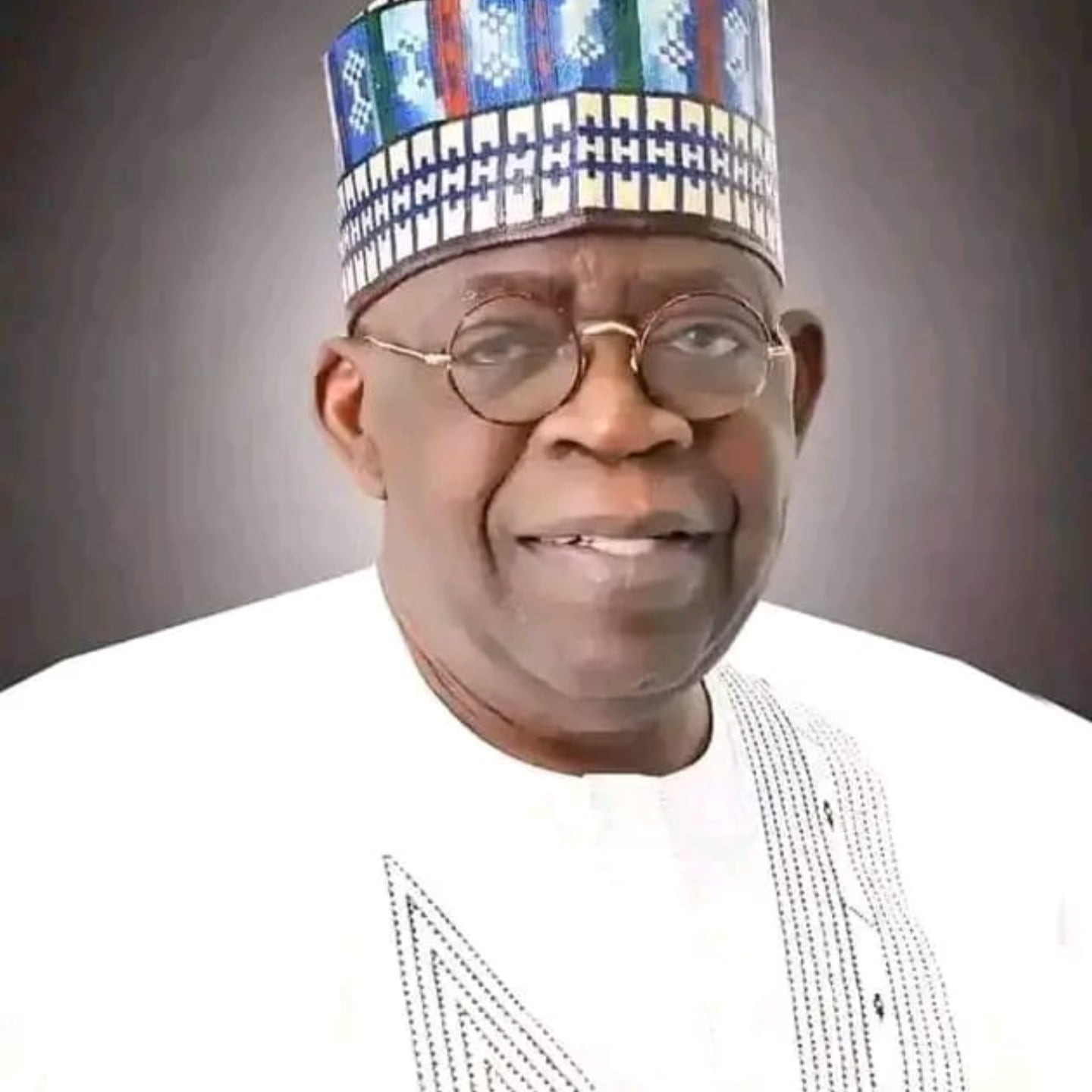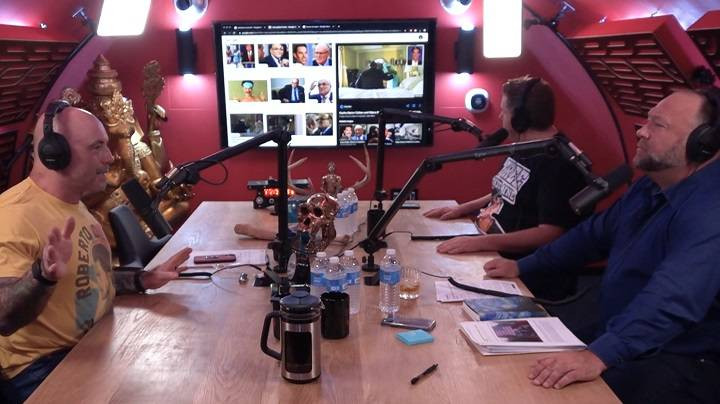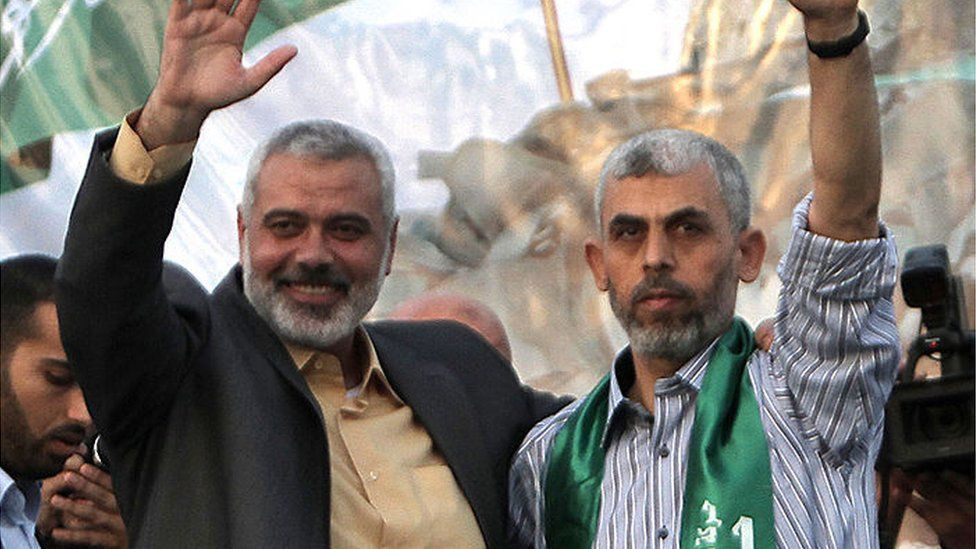Given where we are, and the mess we have made of all that is good and honourable, we should have resolved by now to always tell ourselves only the truth and nothing else. But we have refused to change patterns and lanes. We have chosen to remain deeply planted on discredited old behaviours and approaches. The plain truth is that our choice has graduated from bad to worse. It is on the way to entering the worst gear.
We have from the time of independence chosen to be a people and country that leave the solution to chase shadows. When the first military coup took place and those who resisted it took back power, they proceeded to take us into a somewhat unitary system. It subsequently provoked fears and huge resentment. Those who opposed them told us they feared dominion, which they thought the unitary system was intended to promote.
They promised to bring the country back to an agreed path. But they didn’t; instead what they did was to walk on the path of greater deception. They gave our country the name “Federal Republic of Nigeria” but rather than give their best to create the features, they worked very hard to expand the pillars of unitarism. This explains why the centre for instance would assume the task of building village clinics from the federal capital, something that should be within the job designation of divisional district authorities.
The Deep-Rooted Issues of Unitarism and Centralization
It is also the reason major roads in cities in states would be designated federal roads and the consequence would be severe dilapidations of vital economic arteries just because the people operating from the centre have taken on so many assignments in far flung places that they can hardly remember which is which and which ones are strategic to the much needed economic transformation. These anomalies cropped up because some smart citizens got a dubious advantage and insisted against good judgment they must keep it at all cost.
It didn’t matter if the edifice could develop cracks and finally record a crash. So long the skewed system in place brings in gains nothing else matters. We can still draw further examples. The case of insecurity has in very recent times assumed a monstrous dimension. It has taken over 15 years with a very large chunk of national resources spent, which should have been deployed to improve more productive sectors.
The Security Challenge: A Failure of Strategy and Leadership
Yet, rather than have a turnaround, the situation keeps getting more terrible. Between the military and other security agencies none has been able to place a finger on what the source of insecurity really is. Each year all the government does is pump more money into the vain fight with very minimal results. Arrests are made and yet none can say with certainty this is what the arrested felons say is their motive or objective. Confounding, isn’t it?
Now our leaders who throw in the military as first line force in internal security matters rather than the police, another huge aberration do visit other parts of the world very frequently at public expense. They see how sensible people marshal out their security arrangements. They ask and are told there are several layers of policing. There are the federal police, state and county security outfits.
Even corporations and very huge organizations do have their private security arrangements with well armed guards. If it were to be America and Europe most churches and hotels would have licensed private guards to watch over their settings. Recently, the route from Aba through Enugu to a part of Benue, Kogi and then Abuja became the most hazardous route to take because of activities of hoodlums and hired Islamic jihadists masquerading as herdsmen. They virtually took over the route.
The Insecurity Crisis: A Case for Decentralized Security
To reclaim it back all the federal government did was to pour more police personnel into the corridor. One would find a checkpoint every 100 yards. It mellowed the threat but still carries with it disadvantages. Travel speed is greatly impaired, the psychology of siege is high, not to talk of wasting personnel who could have been deployed to other useful tasks in some other areas if the right solution was to be applied.
What security authorities did was simple non-technical review and solution search. They looked a bit critically and found out it was a case of large areas remaining ungoverned or better still unpoliced and opted for the weakest solution which was to cover the areas with massive visible security presence. This option secured the route no doubt but left the felons relocating elsewhere to continue with their nefarious” business.”
Now a more durable prescription would have been to allow for state and community policing. We are not taking the direction because many fear some other leaders would abuse the very option. We run with that as if our leaders ought not to be men and women well schooled, with great minds and consciences that should make them think of the best for the people and country. The fear has been made larger than life because we have trodden and established ourselves firmly on the path of an electoral system that has no respect whatsoever for the wishes of the people.
The Electoral System: A Foundation for Corruption and Instability
The process just throws anybody able to string demon-driven alliances that firm them up to muscle their way into the inner recesses of state power. If we have a sound electoral process the challenge of demented aspirants getting into power will be very minimal. Others talk of inadequate funds, this point should evoke huge laughter. One of our biggest troubles is financial recklessness and misapplication. For minor issues like to swear in people into office we gather the whole world and pull out the red carpets. We draw huge budgets to fund recklessness.
We pulled out about US$150 million to buy a new plane for our president at a time foreign exchange earnings weren’t anything to write home about. Do not forget We pulled out a whopping N90 billion naira to subsidize religious pilgrimage at a time the removal of petrol subsidy is leading to increasing business shutdowns. Governments across the three tiers concentrate in building only road infrastructure at very exorbitant prices. This is where the frittering away of national resources happens. We have money for serious business of the state but greed and kleptomania stand in the way. So much thievery goes on in this land.
The Challenges Ahead: Can Tinubu Turn the Tide?
President Bola Tinubu wants to end well but we are afraid the stakes are stacked against him. Desire and actions are two different things. Like we say, “if dreams were horses even the handicapped will ride, unfortunately it is not so.” Achievement is for people of sterner stuff. We have noted in this space that his kitchen cabinet is weak and dangerously very narrow. President Muhammadu Buhari had a similar challenge and we have testimonies of how badly he ended. The President would have to take another look at that if he intends to fly well.
He has just been taken through the crucible and the truth is that he has been burnt but not to the point of impairment. He got his first baptism of fire. It is for his own good if he will stop to take the lessons. We have said he ought to have fought the corruption aspect of subsidy while studying to grasp properly what is involved in removal of subsidy. If people stole through that it is a phenomenon that could be checked via personnel change.
He didn’t take this path. He got his fingers burnt.
The protests came and rather than dwell on how quick he could get the refineries back, including the private ones ready to go but hindered by all kinds of bureaucratic rigmaroles, our President chose to remain on the lane of excuses and why he decided to take the ugly and nasty road. That he didn’t know was way off the mark. He ought to be told that the right path is to refine the crude locally and make it available in the right quantity to citizens. Anything outside this won’t work. The suffering in the land will quadruple. Government gave so much zeal to removal of subsidy and one is perplexed to see that the same passion is not committed to local refining of our crude. It is worrying indeed.
A Path Forward: Addressing the Root Causes
In place of food palliatives, let the government work out a system whereby citizens can access finances at near zero interest to open businesses. This is very important. And instead of government giving funds to private farmers, it should rather go into very large scale mechanized farming across the country.
Hope the President knows the state governors are his worst enemies. The governors aren’t spending in a manner money can enter the hands of the citizens in their states. Most of palliatives from the federal government are hijacked, especially funds. The question of local government autonomy isn’t clear. State governments are still holding tight to the funds despite the verdict from the Supreme Court.
It is time the President appoint liaison officers for the states. It may look like a duplication of bureaucracy but the truth is it will serve the masses very well if activities of the federal government can be separated from those of the states. There is need to work on the unity of the country. It can’t be done by sloganising. Patriotism is not willed into existence. You work at it.
Nigerians want to protest because they are hungry. They are...
Much as I am in sympathy with the Nigerian youth nation- wid...
May his gentle soul rest in peace and may the good Lord comf...
Well spoken 'The Rock'. You were supposed to be leading us i...
You talk as if Nigeria goes up in flames today, you and memb...

















